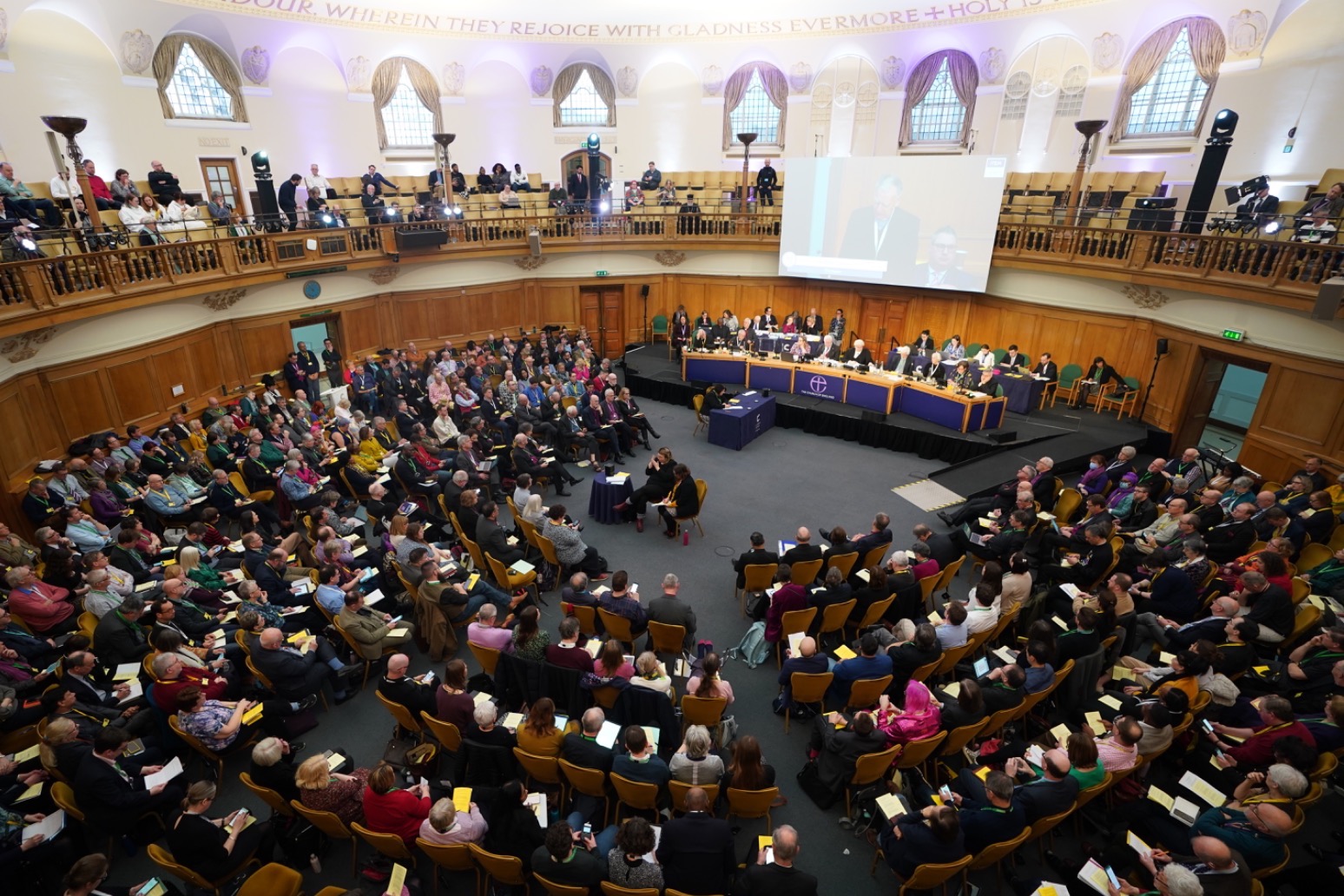Listeners:
Top listeners:
-
 play_arrow
play_arrow
Rother Radio (128K) Love Local, Love Music!
-
 play_arrow
play_arrow
Rother Radio (64K) Love Local, Love Music!
-
 play_arrow
play_arrow
Rother Radio (Doncaster) (128K) Love Local, Love Music!
-
 play_arrow
play_arrow
Rother Radio Xmas Love Local, Love Music!
-
 play_arrow
play_arrow
Rother Radio – Special Announcement Love Local, Love Music!

No more booze-free wine or gluten-free bread
Non-alcoholic wine and gluten-free bread cannot be used during holy communion, the governing body of the Church of England has ruled.
Church guidance says the bread must be made using wheat flour and wine must be the fermented juice of the grape in order to be consecrated as part of the service.
In papers published ahead of the Church’s General Synod, also known as its parliament, which opens on Monday, the barrier for anyone who cannot consume wheat flour or alcohol was described as an “injustice”.
Holy communion is one of the central sacraments of the Christian faith, with the bread and wine given to the congregation symbolising the body and blood of Christ.
Wheat flour can be processed to remove substantial amounts of gluten and alcohol can be removed after the fermentation process, but a residue will always remain.
Bread alternatives made from rice or potato flour are not allowed to be substitutes.
The Church’s governing body came under fire from Synod member Reverend Canon Alice Kemp, who asked: “Can consideration be given to enable the legal use of gluten-free and alcohol-free elements at the eucharist to remove the injustice of this exclusion?
“Both priests and congregants who are unable to consume gluten and/or alcohol are forced to receive in one kind only or may be prohibited from receiving both elements if they are unable to consume both gluten and alcohol,” she said.
Michael Ipgrave, the Bishop of Lichfield and chairman of the Church’s Liturgical Commission, said such a move would have to overturn two settled positions in the Church of England.
“First, that bread made with wheat and the fermented juice of the grape are the elements to be consecrated in holy communion; and second, that receiving holy communion in one kind in a case of necessity is not an ‘exclusion’ but full participation in the sacrament, as often practised in the communion of the sick, or with children,” Mr Ipgrave said.
“Indeed, even believers who cannot physically receive the sacrament are to be assured that they are partakers by faith of the body and blood of Christ, and of the benefits he conveys to us by them,” he added.
Published: by Radio NewsHub
Written by: Radio News Hub
Similar posts
Now Playing
Now playing:
On Air Now
Sponsored
Weather
Upcoming Local Event
Latest from Facebook
Search Rother Radio
Contact Us
- https://www.rotherradio.co.uk
- 01709 257 175
- studio@rotherradio.co.uk
About Us
Rother Radio – Love Local, Love Music! → Discover more
Our Partners
Rother Radio is owned by Rotherham Broadcasting CIC








